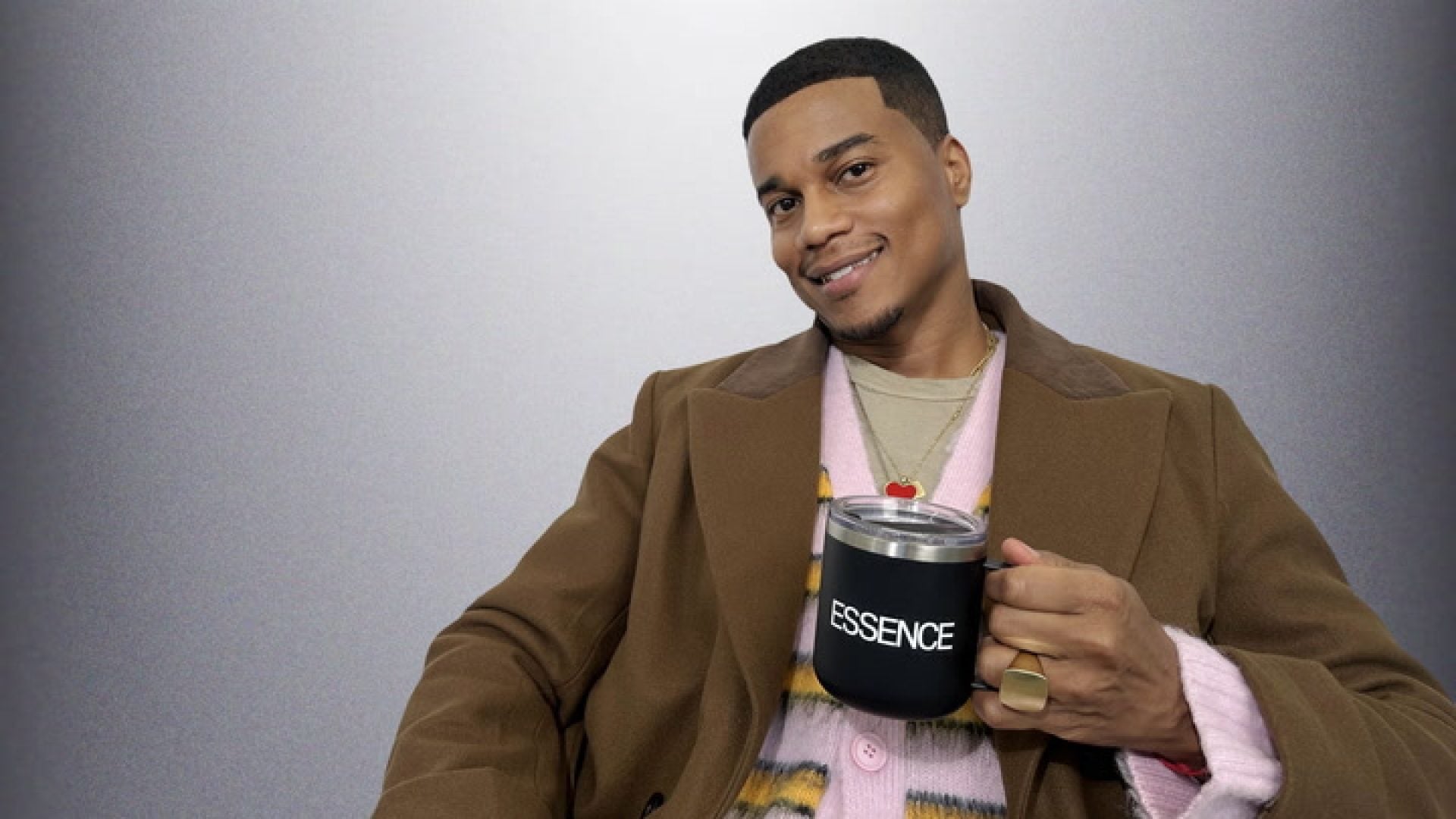Last week, when ESPN suspended Jemele Hill due to what they called a “second violation” of the network’s social media guidelines, Black women on Twitter mobilized to show their support for the SC6 host, defending her right to free speech and calling out the double standard that allowed a Black women to be silenced on a public platform.
Similarly, when Leslie Jones was abused on Twitter by racists users — including white nationalist Milo Yiannopoulos — upset at her role in the Ghostbusters reboot last summer, Black women rallied around the comedian, who was forced to take a hiatus from social media to escape the relentless harassment.
In both cases, a large mobilization from White women and celebrities to protest ESPN or Twitter’s initial inaction in Jones’ abuse was noticeably missing. If you’re a Black woman on Twitter, that’s not surprising. Living at the intersections of race and gender mean you’re often forgotten in the cracks of a feminism that usually protects White women (just check out Mikki Kendall’s #SolidarityIsForWhiteWomen). It’s also why Black women were hesitant to boycott Twitter after actress Rose McGowan — who bravely came forward with allegations of sexual abuse from powerful film director Harvey Weinstein — was suspended from the platform for violating Twitter’s Terms of Service when she reportedly posted a private phone number.
The hashtag #WomenBoycottTwitter was created by engineer software Kelly Ellis, who tweeted that the day-long protest was to stand “in solidarity w @rosemcgowan and all the victims of hate and harassment Twitter fails to support.” The congregation formed quickly — celebrities from Kathy Griffin to Kerry Washington tweeted their intent to participate.
The need was not lost on Black women, who are some of the most vulnerable and abused on the social media platform. The catalyst for McGowan’s tweets was also not ignored by Black women on Twitter, many of whom applauded her for coming forward with her truth. But the idea of galvanizing around a hashtag created in response to a white women being silenced on Twitter was not nearly as inclusive as it needed to be…and far overdue.
April Reign, creator of hashtags #OscarsSoWhite and #NoConfederate, realized the need to include Black women in the conversation. And as word spread that a Twitter boycott would take place Friday, Reign decided to do something else entirely. #WOCAffirmation was born to uplift and highlight the work of women of color, many who have utilized Twitter as their voice in a world that systematically silences them. In some cases, Twitter is the only way to fight being silenced.
The boycott, Reign told ESSENCE, suggested that women of color needed to stand in solidarity with McGowan and her supporters when that protection isn’t often returned.
“I’ve been watching what’s going on with Rose McGowan and she has been a one woman wrecking crew, using her platform to bring attention to sexual abuse and harassment in the entertainment industry,” Reign said. “Because of her strength, so many other women and men have come forward with their stories of abuse and violence.”
When she saw #WomenBoycottTwitter, it made sense. “How is it that Donald Trump and Richard Spencer and so many others can tweet vile things at women all the time with impunity,” she said. “But I think people thought ‘we’re going to show you what it means when women effectively silence themselves.’ And the issue I had is…’where have you been?'”
“Black women and women of color have always been at the forefront of movements for justice and equality for all marginalized communities,” Reign told ESSENCE. “And we saw so many high-profile examples of women of color being victimized on Twitter without any support from White women,” she said, mentioning Hill, Jones and Blair Imani.
“If you’ve seen all of these Black women that are not receiving the support, why is it that now you are ready to make this very public statement for a White woman?”
For Reign, the disregard harkened back to Kendall’s hashtag, #SolidarityIsForWhiteWomen, which was created in 2013 after white feminists were “dismissing women of color (WOC) in favor of a brand of solidarity that centers on the safety and comfort of white women.” Kendall wrote that she began the hashtag after Hugo Schwyzer, author and gender studies professor, admittedly attacked women of color online without any interference from white feminists.
Instead of being silent, Reign wanted to use the opportunity to affirm Black women as a way to counter that exclusion.
“You are a woman of color who has survived this world to date and you should be uplifted for that, period,” she said.
She wasn’t alone. By afternoon, the hashtag was trending above #WomenBoycottTwitter as thousands of users posted to shout out other women of color they wanted to recognize. The message was clear — Black women can’t afford to be silent or silenced. And the support that is often given must be reciprocated.
“We allow the well to run dry too often in service of others,” Reign said. “The service that we do must be celebrated by others and ourselves.”
You can check out the hashtag and inspiring messages, here.








